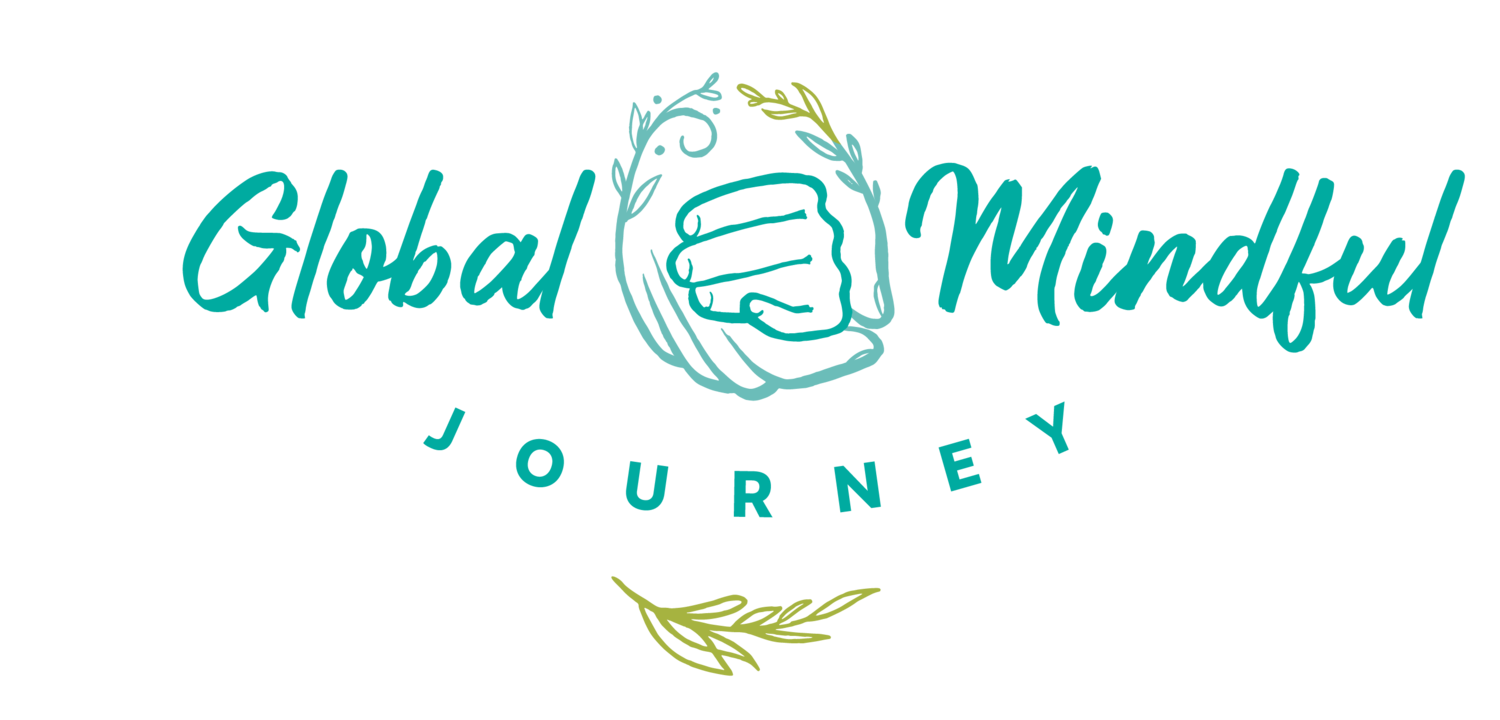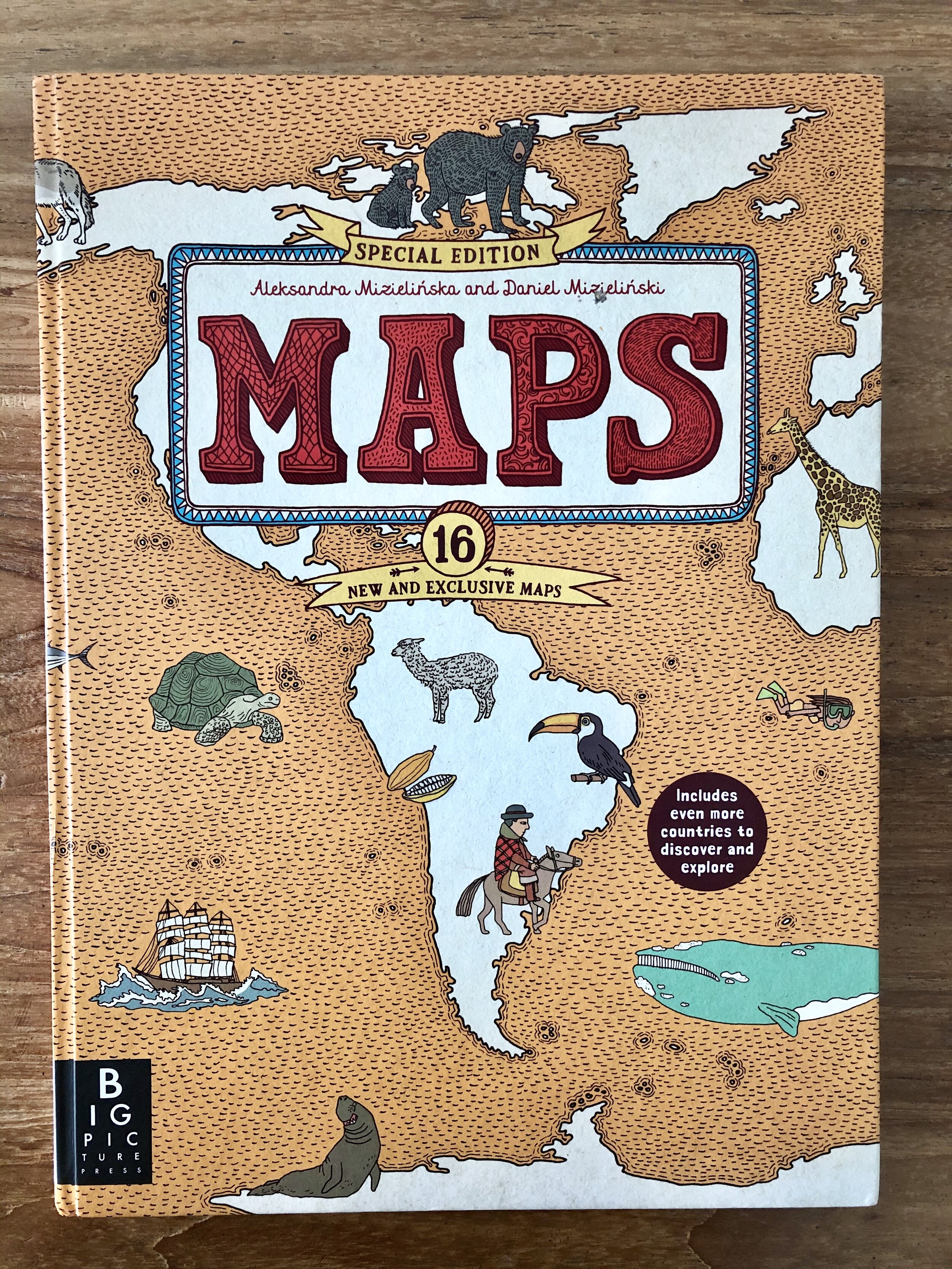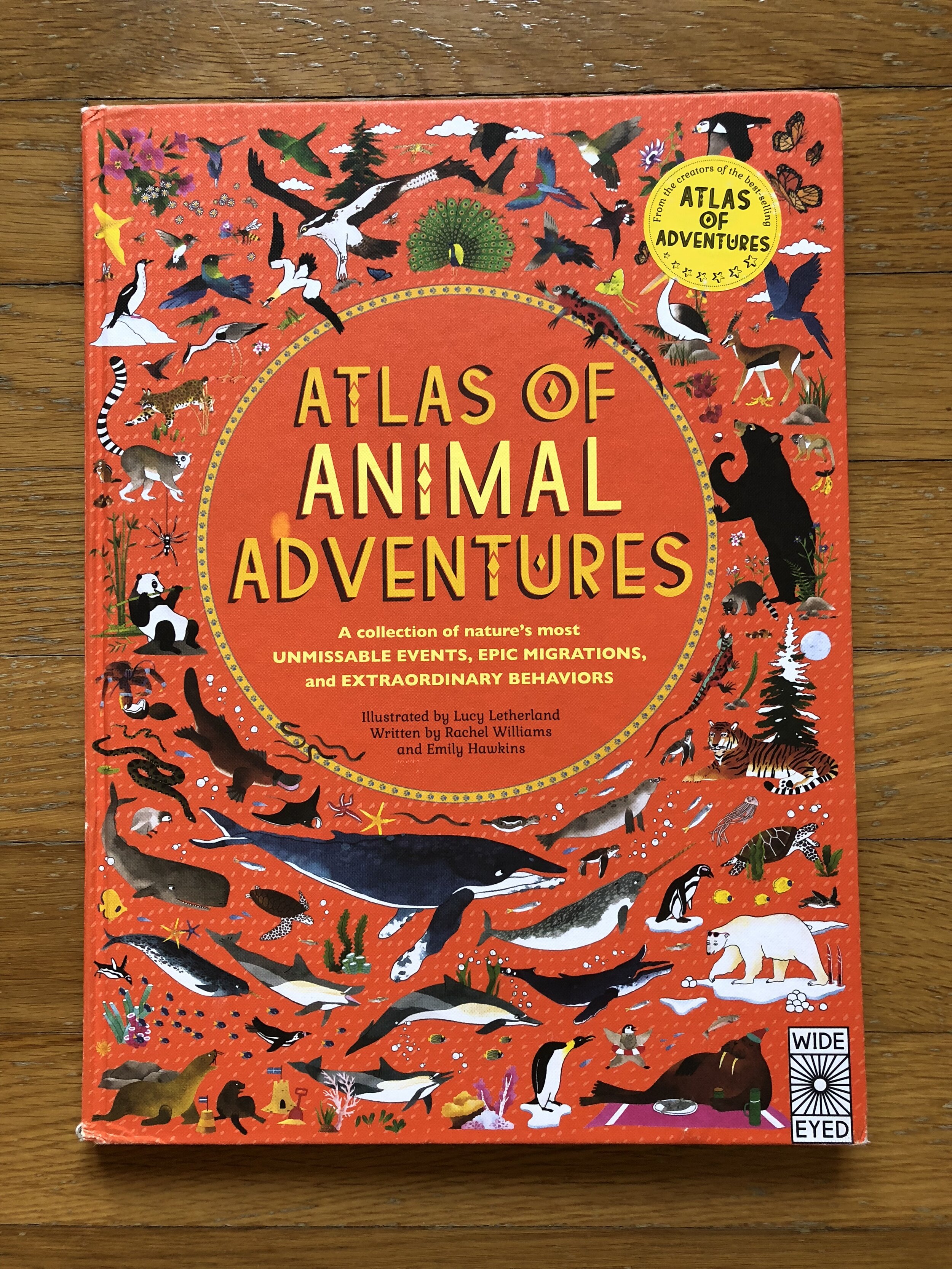The Importance of Teaching Kids About Cultural Diversity
My family and I started traveling when my oldest was around 5 months old. We've been to countries in Asia and Europe and loved exploring them. Since returning from Vietnam last year, I had been wanting to introduce my children to different countries' cultures in a way that is fun, informative and engaging to them. During my research on how I could do that, I read about Maria Montessori's work and how the education of the senses is of a higher importance than intellectual development during the early years. I knew that if I curate activities around our cultural studies that would enhance their sensorial development, I would be giving my children the opportunity to use their 5 senses to better understand the world around them.
There are other benefits of course from learning about the world:
It teaches kids to understand that although we have differences in skin colour, language, race, the clothes we wear or the food we eat, each of us have the same basic needs (of food, water, air, shelter and love)
It teaches kids to be accepting of differences and to celebrate diversity. Thus it teaches them empathy, respect and tolerance.
My kids are constantly observing the world around them. I've had them tell me: "Why does that lady wear a scarf around her head and you don't?", "We eat Dosa (an Indian savoury version of a pancake) for breakfast but my friends eat cereal" or "I want to colour my skin brown and my friend's skin peach in this art work". Although none of their statements have any disrespectful intentions, I always address their observations to make them understand the background behind cultural beliefs and give them real world examples of how important it is to know the person on the inside rather than looking at external appearances. I include a lot of empathetic responses too like "If you were in his/her place, how would you feel or how would you do react..."
We have also openly spoken about LGBT parenting, single parent families and multiracial families.
Although my family and I live in a society that is a cultural melting pot, we hardly hear of bullying, racism or other forms of discrimination here. Making our children aware of differences around them and yet to be accepting of them is our duty as parents. When we model such attitudes and behaviour, our children will know that there is only one way of treating people around them: with respect and kindness.
To help you get started on having conversations about diversity, I have included below some of our favourite book titles that I hope you would enjoy too. I'd love to know if you have more recommendations!



